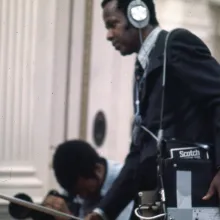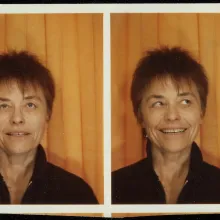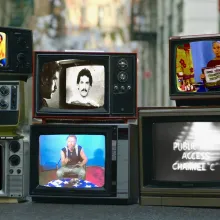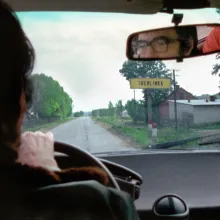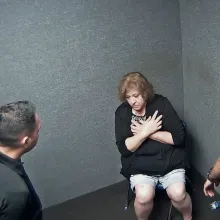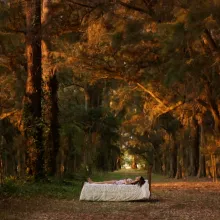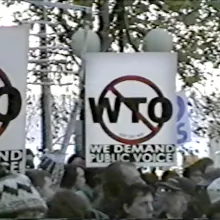'Our Nixon' premieres in theaters August 30 through Cinedigm.
Archival Storytelling
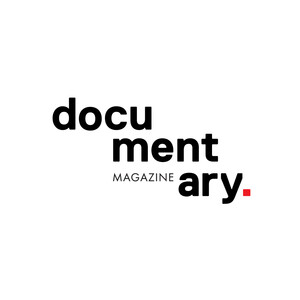
'Paradise Lost 3: Purgatory' airs January 12 on HBO.
Valerie Veatch traces the links between AI and eugenics in Sundance-premiering Ghost in the Machine , a self-funded documentary treatise made with
David and Liani Greaves discuss their work completing Once Upon a Time in Harlem, William Greaves’s documentary of a Harlem Renaissance reunion from
Brydie O’Connor discusses Barbara Forever , her Sundance-premiering follow-up to the short Love, Barbara , and how Barbara Hammer’s archive continues
David Shadrack Smith talks about assembling a wild, unwieldy archive in his Sundance doc, Public Access
Guillaume Ribot discusses transforming outtakes from Shoah and Claude Lanzmann’s writing into All I Had Was Nothingness
Geeta Gandbhir’s The Perfect Neighbor is a blockbuster feature documentary constructed from police video evidence obtained through a Freedom of
In its first edition under Artistic Director Isabel Arrate Fernandez, IDFA highlighted documentaries that cross borders both geopolitical and
Working with over 1,000 hours of archival footage, Ian Bell and Alex Megaro connect their record of Seattle’s 1999 mass protests, WTO/99, with present






